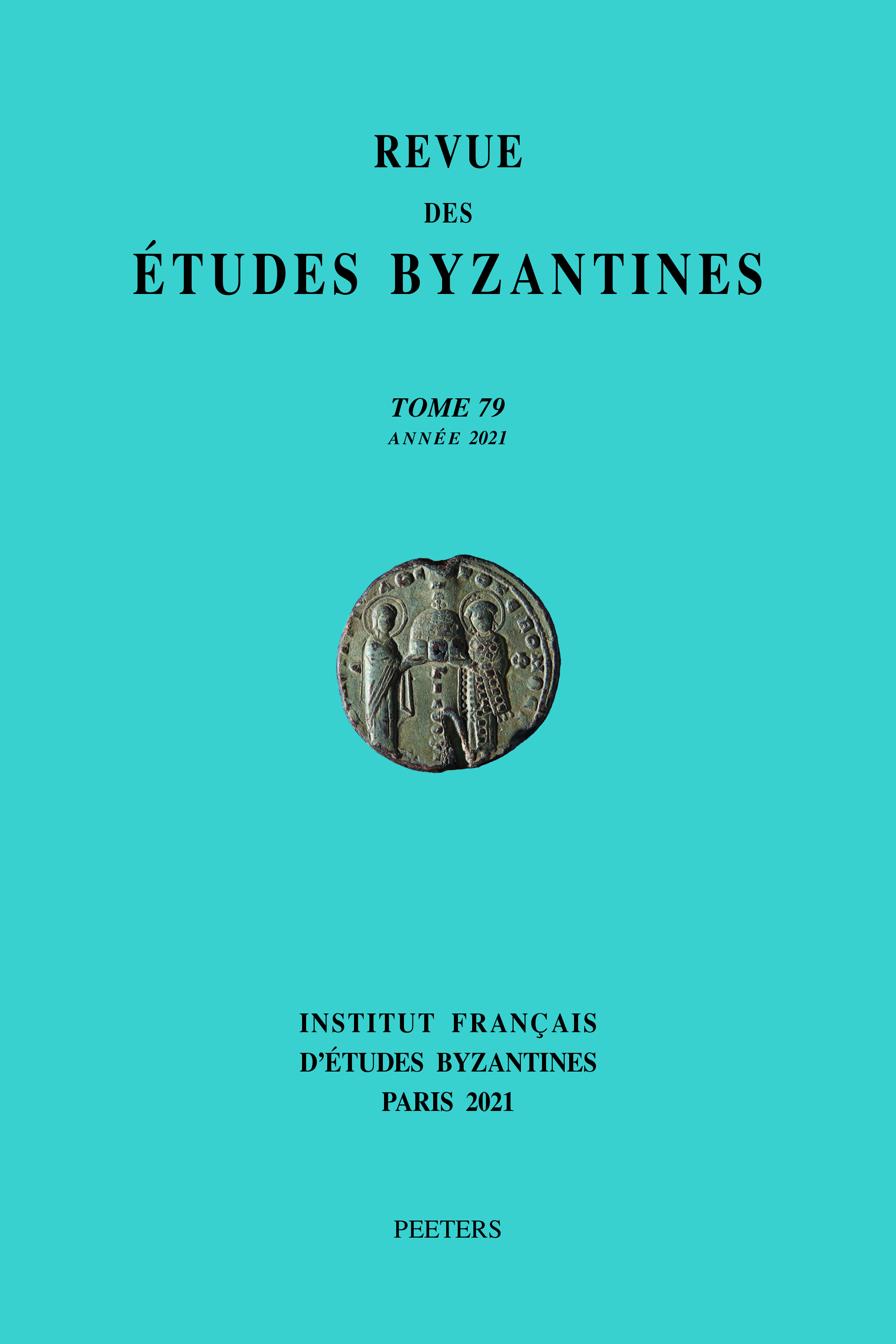 previous article in this issue previous article in this issue | next article in this issue  |

Preview first page |
Document Details : Title: Combler graduellement les lacunes du droit Subtitle: Les approches interprétatives des scoliastes byzantins Author(s): PAPARRIGA-ARTÉMIADI, Lydia Journal: Revue des Études Byzantines Volume: 76 Date: 2018 Pages: 267-298 DOI: 10.2143/REB.76.0.3285524 Abstract : Se fondant principalement sur les scolies des Basiliques et de l’Ecloga librorum Ι-Χ Basilicorum, le présent article tente une première exploration des approches interprétatives par lesquelles les juges byzantins comblaient les vides juridiques en adoptant une méthode de raisonnement qui comportait des degrés déterminés d’évaluation. C’est ainsi que l’article étudie les questions telles que le diagnostic de l’imperfection juridique définie comme lacune du droit, l’application du principe de l’analogie et les exceptions à son usage prévues dans les domaines du droit privé et pénal, les conditions nécessaires à l’application auxiliaire d’une coutume, la notion d’εὔλογος λογισμός (raisonnement fondé en raison) de la coutume et plus largement son emploi lors du développement de l’argumentaire juridique au cours de la période méso-byzantine. Based mainly on the Scholia of the Basilica and on the Ecloga librorum I-X Basilicorum, this article presents a first attempt to investigate the interpretative approaches followed by Byzantine judges to fill legal gaps, using a method of reasoning which consists in a number of determined evaluation levels. In this perspective the author studies a number of related issues, such as the identification of a legislative imperfection defined as a legal vacuum, the application of the principle of analogy as well as the exceptions to its use in the fields of private and criminal law, the necessary conditions for the subsidiary application of a custom, the notion of εὔλογος λογισμός (reasoning founded on logic) of the custom and more generally its use in the development of legal argumentation during the middle-Byzantine period. |
|


